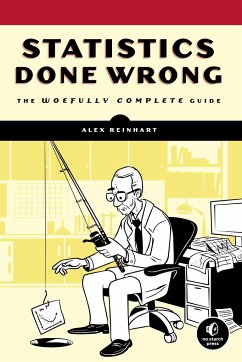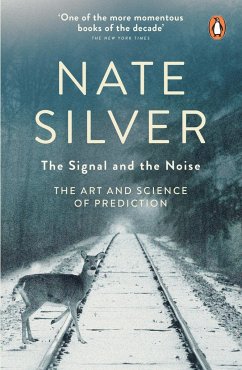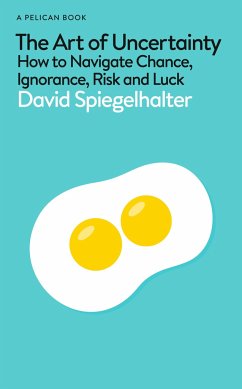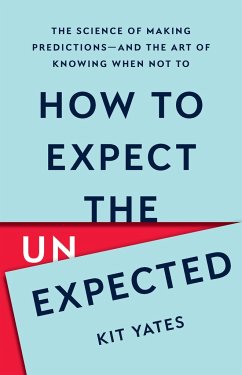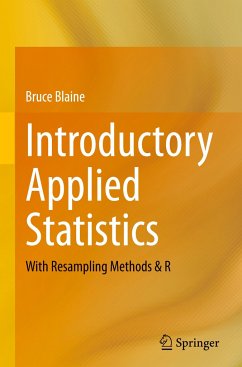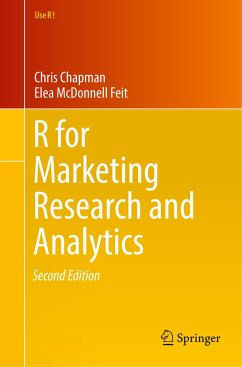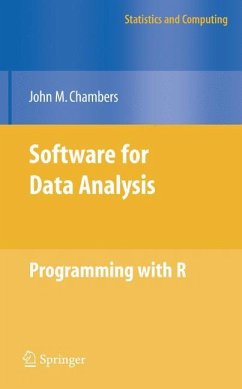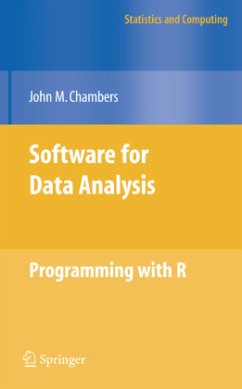
The Raven's Hat
Fallen Pictures, Rising Sequences, and Other Mathematical Games
Illustration: Meinshausen, Malte

PAYBACK Punkte
11 °P sammeln!
Games that show how mathematics can solve the apparently unsolvable.This book presents a series of engaging games that seem unsolvable--but can be solved when they are translated into mathematical terms. How can players find their ID cards when the cards are distributed randomly among twenty boxes? By applying the theory of permutations. How can a player guess the color of her own hat when she can only see other players' hats? Hamming codes, which are used in communication technologies. Like magic, mathematics solves the apparently unsolvable. The games allow readers, including university stud...
Games that show how mathematics can solve the apparently unsolvable.
This book presents a series of engaging games that seem unsolvable--but can be solved when they are translated into mathematical terms. How can players find their ID cards when the cards are distributed randomly among twenty boxes? By applying the theory of permutations. How can a player guess the color of her own hat when she can only see other players' hats? Hamming codes, which are used in communication technologies. Like magic, mathematics solves the apparently unsolvable. The games allow readers, including university students or anyone with high school-level math, to experience the joy of mathematical discovery.
This book presents a series of engaging games that seem unsolvable--but can be solved when they are translated into mathematical terms. How can players find their ID cards when the cards are distributed randomly among twenty boxes? By applying the theory of permutations. How can a player guess the color of her own hat when she can only see other players' hats? Hamming codes, which are used in communication technologies. Like magic, mathematics solves the apparently unsolvable. The games allow readers, including university students or anyone with high school-level math, to experience the joy of mathematical discovery.




